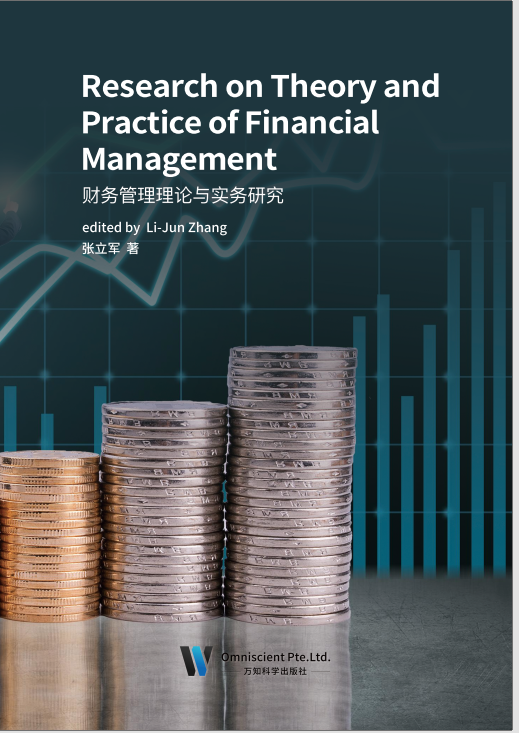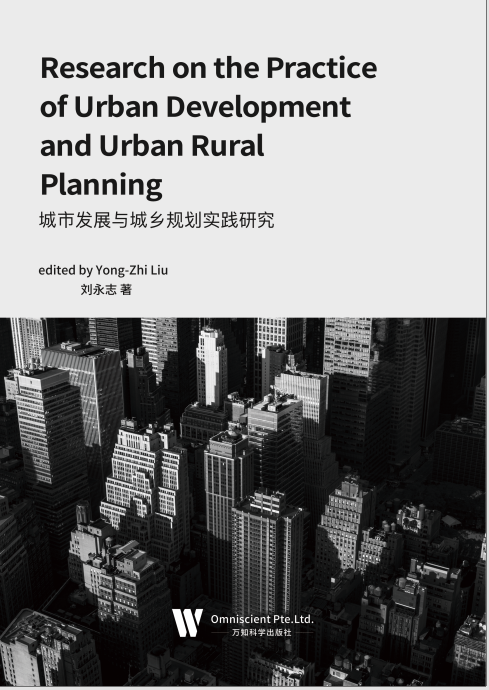
Preface
Finance refers to the capital movement and economic relations reflected in the process of capital movement, such movement objectively exists in the process of material goods reproduction of various departments and units of the national economy. Financial management means the management of asset purchase (investment), capital financing (funding), operating cash flow (working capital), and profit distribution under certain overall goals. Financial management is an integral part of corporate management. It is an economic management task that organizes corporate financial activities and handles financial relationships in accordance with financial laws and regulations and the principles of financial management. Simply put, financial management is an economic management task that organizes corporate financial activities and handles financial relationships.
In recent years, the continued outbreaks of economic crisis on a global scale has not severely affected our country, but still caused extensive damage to the operation of our foreign-oriented enterprises, and has restricted the operation of other enterprises in the value chain through the transmission mechanism of the corporate networked organization structure. This shows that, in the context of uncertain global economic outlook and the transformation of economic development in our country, we can only strengthen corporate financial management and integrate accounting practices to enable companies to achieve sustainable development.
前 言
财务是国民经济各部门、各单位在物质资料再生产过程中客观存在的资金运动及资金运动过程中所体现的经济关系。财务管理指的是,在一定的整体目标下,关于资产的购置(投资)、资本的融通(筹资)和经营中现金流量(营运资金),以及利润分配的管理。 财务管理是企业管理的一个组成部分, 它是根据财经法规制度,按照财务管理的原则,组织企业财务活动,处理财务关系的一项经济管理工作。简单地说,财务管理是组织企业财务活动,处理财务关系的一项经济管理工作。
近年来,全球范围内持续爆发的经济危机,虽然未对我国造成严重影响,但是仍对我国外向型企业的经营产生了广泛的破坏,并通过企业网络化组织结构的传导机制,制约着价值链条上其他企业的经营状况。由此可见,在全球经济前景仍不明朗以及我国转变经济发展方式的背景下,唯有加强企业财务管理、整合会计实务方能使企业获得可持续发展。

Li-Jun Zhang, male, the Han nationality, born in Linyi City, Shangdong Province in April 1971, bachelor’s degree, senior accountant. He is now working at the Finance Bureau of Yishui County, engaged in finance and financial management. He participated in the construction of major people 's livelihood security projects, such as residents’ pension and medical insurance. He has published six papers in Budget Management and Accounting, Rural Finance, and other magazines.
张立军,男,汉族, 1971 年 4 月生,山东临沂人,本科学历,高级会计师。现就职于沂水县财政局,从事财政、财务管理工作。参与了居民养老、医疗保险等重大民生保障工程的构建工作。在《预算管理与会计》、《农村财政与财务》等杂志发表论文六篇。

Preface
With the deepening of the reform and opening-up policy, the market economy continues to develop, especially the city’s circulation function has further highlighted the multi-functional role of the city. These have brought new vitality to urban economic and social development. The content and scope of urban planning have become more extensive. In addition, the commercialization of housing and the rise of the real estate industry, especially the implementation of the system of compensated land-use, will inevitably have a major impact on urban planning and planning management.
Urban planning can no longer rely solely on national economic planning. We must change the static concept of planned economy and establish a dynamic market economy concept. The content of urban planning should not be limited to the physical space layout, but should also focus on comprehensive research on urban economic development and social development. The practice of urban planning should not only focus on the urban area itself, but should also focus on regional concepts and study urban development from a certain area.
Urban planning should be the leading force in the process of changing the city. Urban planning locates the nature of the city, determines the direction of urban development, guides the development of the city both at the macro level and at the micro level, and guides the development behavior of developers. Urban planning occupies the dominant position, and the city can move forward in a healthy and rapid manner. With the rapid advancement of urbanization, urban infrastructure is becoming more and more perfect, and ecological environment construction is becoming a common practice. The construction and development of cities has become the main driving force for China’s rapid progress towards modernization, internationalization and ecologicalization. Real estate companies have taken measures to shape the brand image of Chinese real estate. Faced with the wave of urbanization, China has finally achieved a win-win situation for developers and home buyers.
前 言
随着改革开放政策的深入,市场经济不断发展,特别是城市的流通职能进一步突出城市多功能作用日益加强。这些给城市经济社会发展带来了新的活力,城市规划的内容和范围也更加广泛。加上住宅商品化和房地产业的兴起特别是有偿使用制度的实施对城市规划编制和规划管理工作必然产生重大影响。
城市规划的依据不能再完全靠国民经济计划,必须改变静态的计划经济观念,树立动态的市场经济观念。城市规划的内容,不能局限于物质空间布局,而要树立全面研究城市经济发展、社会发展的综合观念城市规划的实践,不能光靠集中在市区本身,更要树立从一定地区范围来研究城市发展的区域观念。
改变城市的主导力量应该是城市规划,规划定位城市的性质,决定城市发展的方向,既在宏观层面又在微观层面指导城市的发展,并指导开发商的开发行为。只有在城市规划占据主体地位,城市才能健康迅速的向前发展。伴随着城市化的快速推进,城市基础设施日趋完善,生态环境建设蔚然成风,城市的建设与开发已经成为中国快速向现代化、国际化、生态化方向迈进的主动力。房地产企业采取措施,塑造中国房地产的品牌形象、迎接中国如何面对城市化浪潮,最终实现开发商、购房者双赢。